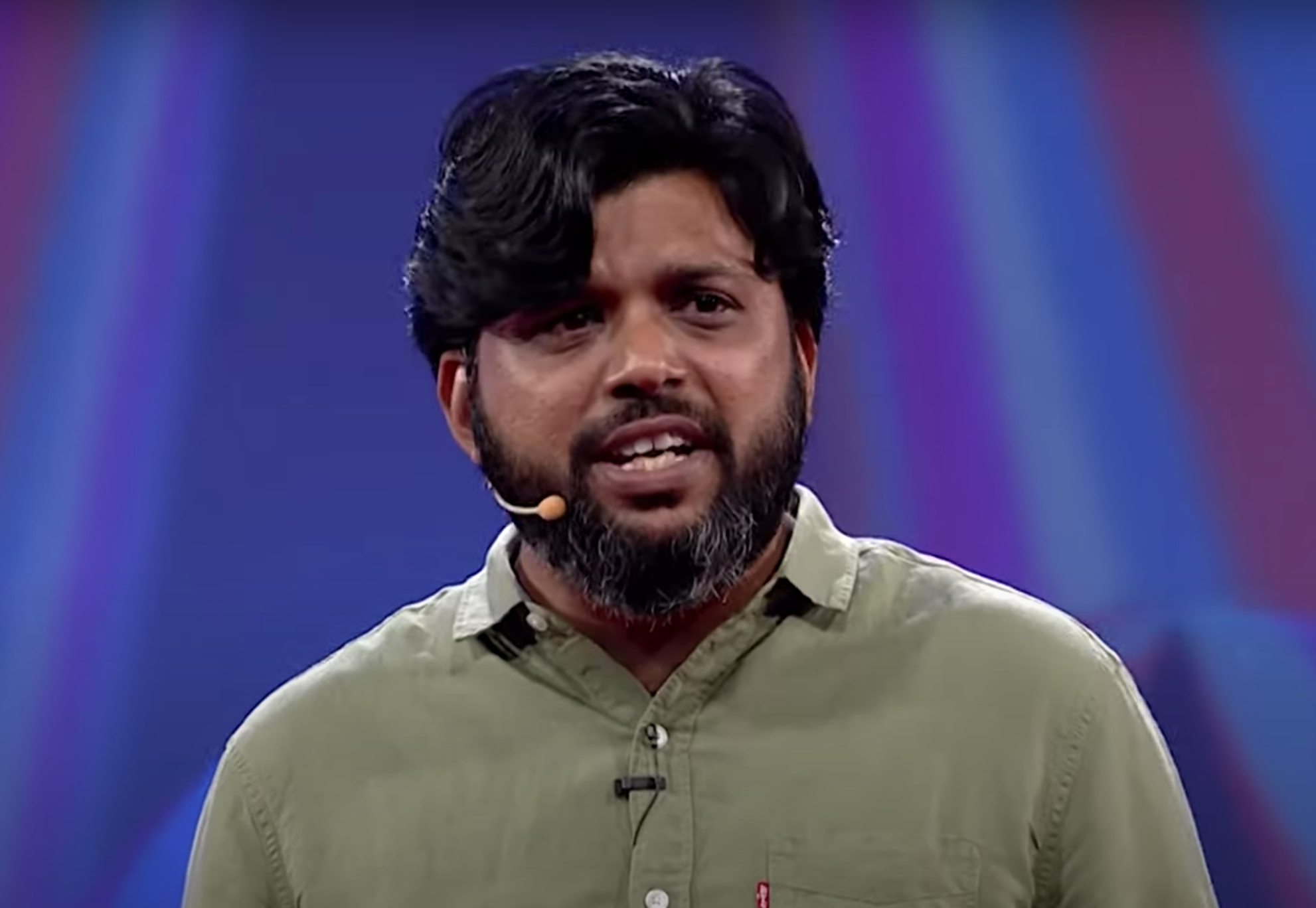Danish Siddiqui: Pulitzer Prize-winning Reuters photojournalist killed in Afghanistan
Afghanistan’s ambassador to India says he is ‘deeply disturbed by the sad news’

Your support helps us to tell the story
From reproductive rights to climate change to Big Tech, The Independent is on the ground when the story is developing. Whether it's investigating the financials of Elon Musk's pro-Trump PAC or producing our latest documentary, 'The A Word', which shines a light on the American women fighting for reproductive rights, we know how important it is to parse out the facts from the messaging.
At such a critical moment in US history, we need reporters on the ground. Your donation allows us to keep sending journalists to speak to both sides of the story.
The Independent is trusted by Americans across the entire political spectrum. And unlike many other quality news outlets, we choose not to lock Americans out of our reporting and analysis with paywalls. We believe quality journalism should be available to everyone, paid for by those who can afford it.
Your support makes all the difference.The Pulitzer Prize-winning Reuters photojournalist Danish Siddiqui was killed in Kandahar on Friday while reporting on the frontline of the Afghanistan conflict.
Reuters confirmed the news in a joint statement from the organisation’s president Michael Friedenberg and editor-in-chief Alessandra Galloni, with the pair saying they were “urgently seeking more information, working with authorities in the region”.
Siddiqui, a senior photographer who had worked for Reuters since 2010, was killed by Taliban gunfire while reporting on efforts by the Afghan Special Forces to retake the main market area of Spin Boldok, near the border with Pakistan.
The journalist had told his employer earlier on Friday that he had been wounded in the arm by shrapnel, Reuters said. He was recovering well after treatment and had been talking to shopkeepers in Spin Boldok when the Taliban attacked again, the US news agency quoted an Afghan commander as saying.
Afghanistan’s ambassador Farid Mamundzay was among the first to report the news of Siddiqui’s death on Friday, saying he was “deeply disturbed by the sad news of the killing of a friend”.
Normally based in India, Siddiqui had been embedded as a journalist with the Afghan Special Forces since earlier this week and was covering their long and gruelling missions in Kandahar on the ground, documenting much of it on his Twitter page.
His latest Reuters story, published three days ago, was about Afghan commandoes coming under surprise attack from the Taliban.
Siddiqui won the Pulitzer Prize in 2018 alongside his Reuters colleagues for his work on the Rohingya refugee crisis.
Siddiqui was also at the forefront of Reuters’ coverage of the devastating toll of India’s second Covid wave and was responsible for taking a series of drone photographs showing the scale of mass cremations that made headlines around the world.
In April this year, in response to a tweet praising his work and the fact that he was risking his own life to deliver it, Siddiqui wrote: “Thanks for your kind words. I don’t think there is anything HEROIC about it. As journalists, this is what we signed up for. It’s our DUTY to document what is happening around us.”
Others remembered Siddiqui on Friday for his defining coverage of the massive protests that erupted in India in the wake of the controversial Citizenship Amendment Act passed at the end of 2019.
On his Reuters profile page, just below Siddiqui’s photo are his words: “While I enjoy covering news stories – from business to politics to sports – what I enjoy most is capturing the human face of a breaking story.”
Siddiqui gave a Ted Talk in February 2020 entitled “Documenting Conflict Beyond Borders”, in which he spoke about how he wanted to move people through his images so the “ugly truths” that he photographed were not repeated.
He said it was his job to keep chronicling difficult stories until a positive change was made.
Talking about some of the most painful assignments he undertook and showing the images to the audience, he said that readers might be tempted to want to ignore such photographs. But he promised that “we will keep bringing [you] the photos of these man-made evils, in the hope that one day you will notice the suffering and the pain in these photographs we take and stand up for change”.
The Press Club of India tweeted that “true journalism needs courage and Danish’s body of work is a testament to that. We are at a loss of words.”
Rahul Gandhi, a leading opposition figure and former president of the Indian National Congress party, offered his condolences to the Siddiqui family and urged the government to expedite the process of bringing his body back home. He wrote on his social media: “My condolences to the family and friends of Danish Siddiqui. His incredible work helped shine a light on the truth that many tried to turn away from. These images will be ingrained in our memory forever.”
The Indian foreign ministry spokesperson Arindam Bagchi said the government is in touch with the Siddiqui family, as well as with the Afghan authorities.
Join our commenting forum
Join thought-provoking conversations, follow other Independent readers and see their replies
Comments